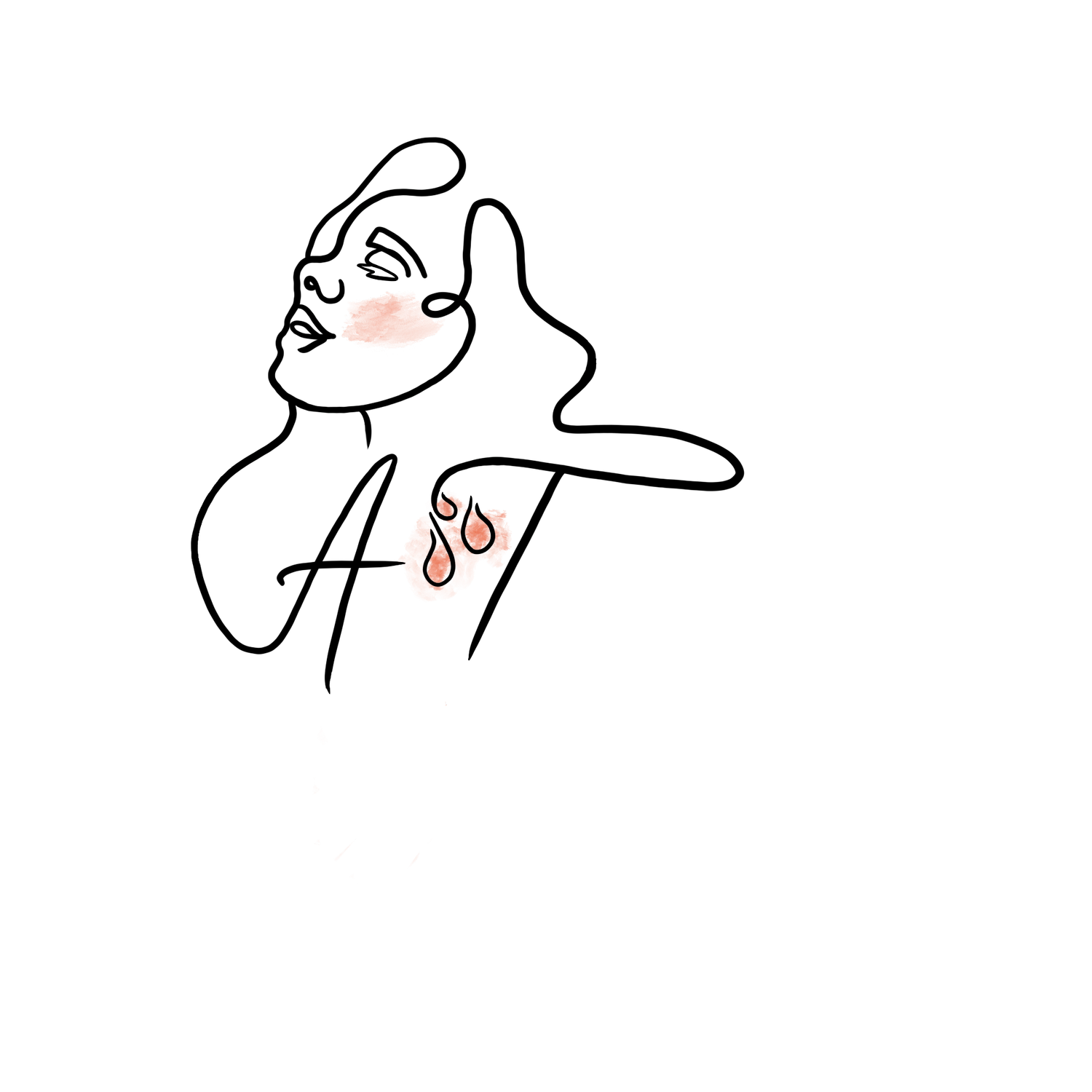All Things Asks: Mrs. Kerris Mwitanti
How was women’s health talked about in your community growing up?
Women’s health was never publicly and openly discussed as it almost always touched on the reproductive system which was considered to be taboo. For example, discussing the menstrual cycle was done outside of the earshot of men or boys because it ultimately included discussing the vaginal canal which, as the main sexual organ for women, was supposed to be seriously safeguarded. It was believed that any discussion that includes the private parts of the female anatomy would arouse sexual desires if undertaken around men or boys. As such, opportunities for open and robust teaching on women’s health were often limited.
What do you think is a challenge that young girls and women in Zambia face when it comes to navigating having a period each month?
The greatest challenge that young girls and women face when navigating the menstrual cycle is the shame and stigma that is attached to vaginal bleeding. A woman can have a cut and blood on any part of her body and she won’t feel the need to hide it. Blood coming from the menstrual cycle on the other hand, is looked at differently. A lot has to do with mysticism surrounding the inner workings of the female body and the fear of being bewitched if any parts of the woman are accessed by a witch. It is therefore considered to be safer for a girl to completely isolate herself, thereby eliminating the possibility of her menstrual products being accessed by someone with nefarious intentions. For a student, this means missing out on education for several days every month. The other challenge is that part of traditional superstition attaches uncleanliness to blood that is discharged as a result of the menstrual cycle. As such a girl or woman is warned against exposing others to uncleanliness if she handles her cycle carelessly. The only way to minimize the risk is through avoidance of social contact.
All Things mission is: To provide feminine hygiene products to women and girls in Zambia in order to encourage and empower women in education and the workforce. What does this mission mean to you?
The mission of “All Things” is timely in that it has come at the time when African girls have become more aware of their God-given autonomy when it comes to their bodies. While many traditional beliefs concerning women are helpful and worth preserving, comprehensive health education is a necessary counterpart. For example, some traditional beliefs, though seemingly superstitious, are intended to inculcate into the girls the value of sexual abstinence until the appropriate age. Comprehensive health
education, however, should include allowing the girls to know of safe ways of expressing themselves sexually if, God forbid, they are unable to wait for the appropriate time. It is my hope that All Things will be viewed as an ally instead of opponent of traditional values of female health in Africa.
Who is biggest role model and why?
My biggest role more when it comes to women’s affairs in Africa is my mother Febby, my godmother Mrs. Sememba and Mrs. Joyce Kachenjela. These women are aged and educated differently but have conducted themselves in ways that balance the understanding of women’s health and wellbeing between African tradition and conventional (formal) healthcare.
What advice do you have for girls who are starting to figure out what it means to be a woman in society?
I would advise them to trust their instincts and be aware of their surroundings not just with regards to their physical wellbeing and protection, but their psychological goodness as well. I would further advise them to seek the company of well informed girls and women whose goals and objectives align with theirs. While it is important to be enlightened and liberated as a 21st Century girl, it is equally important to keep in mind and embrace the traditional values that have sustained their parents, grandparents and other women who have gone before them.

